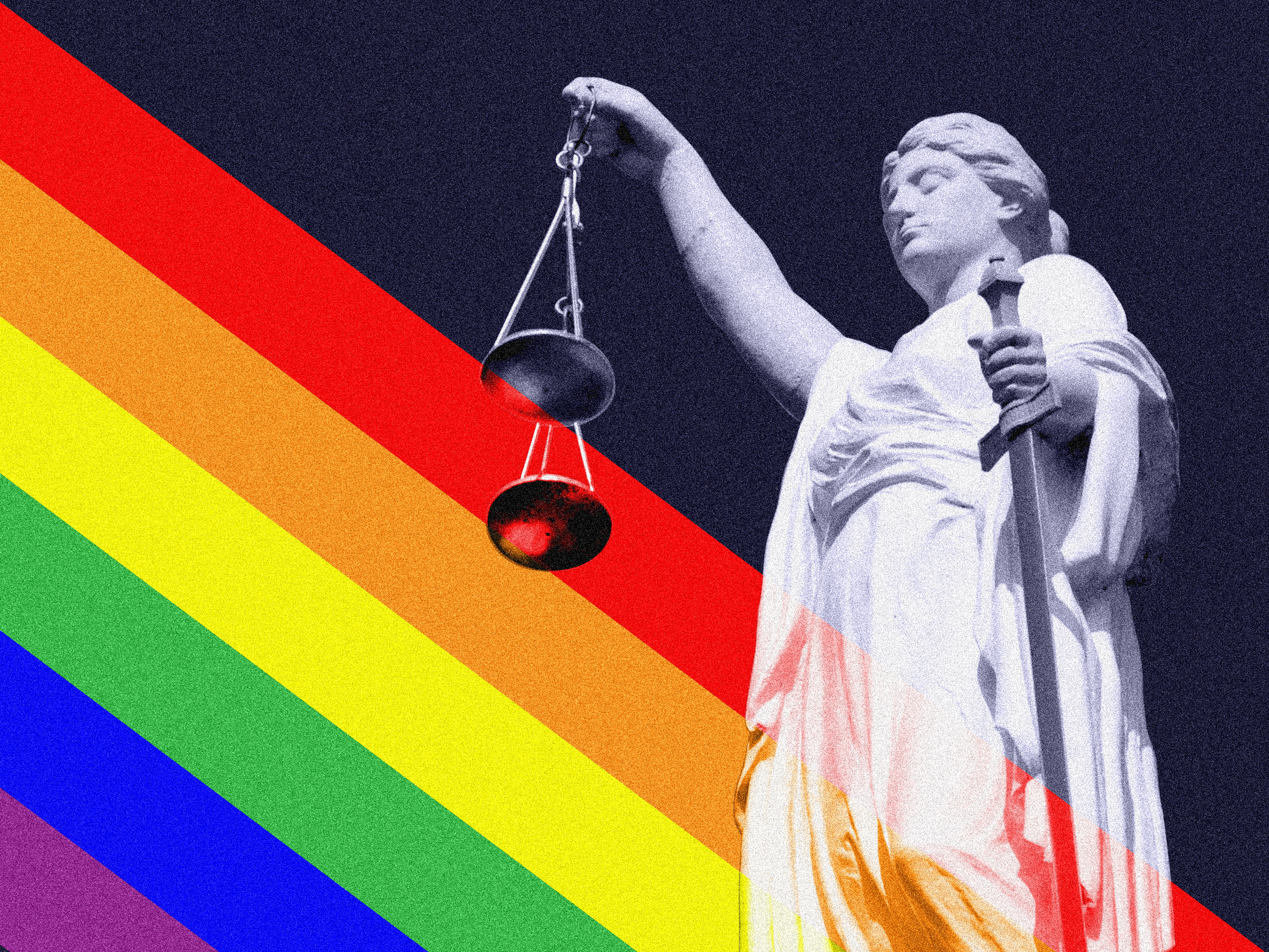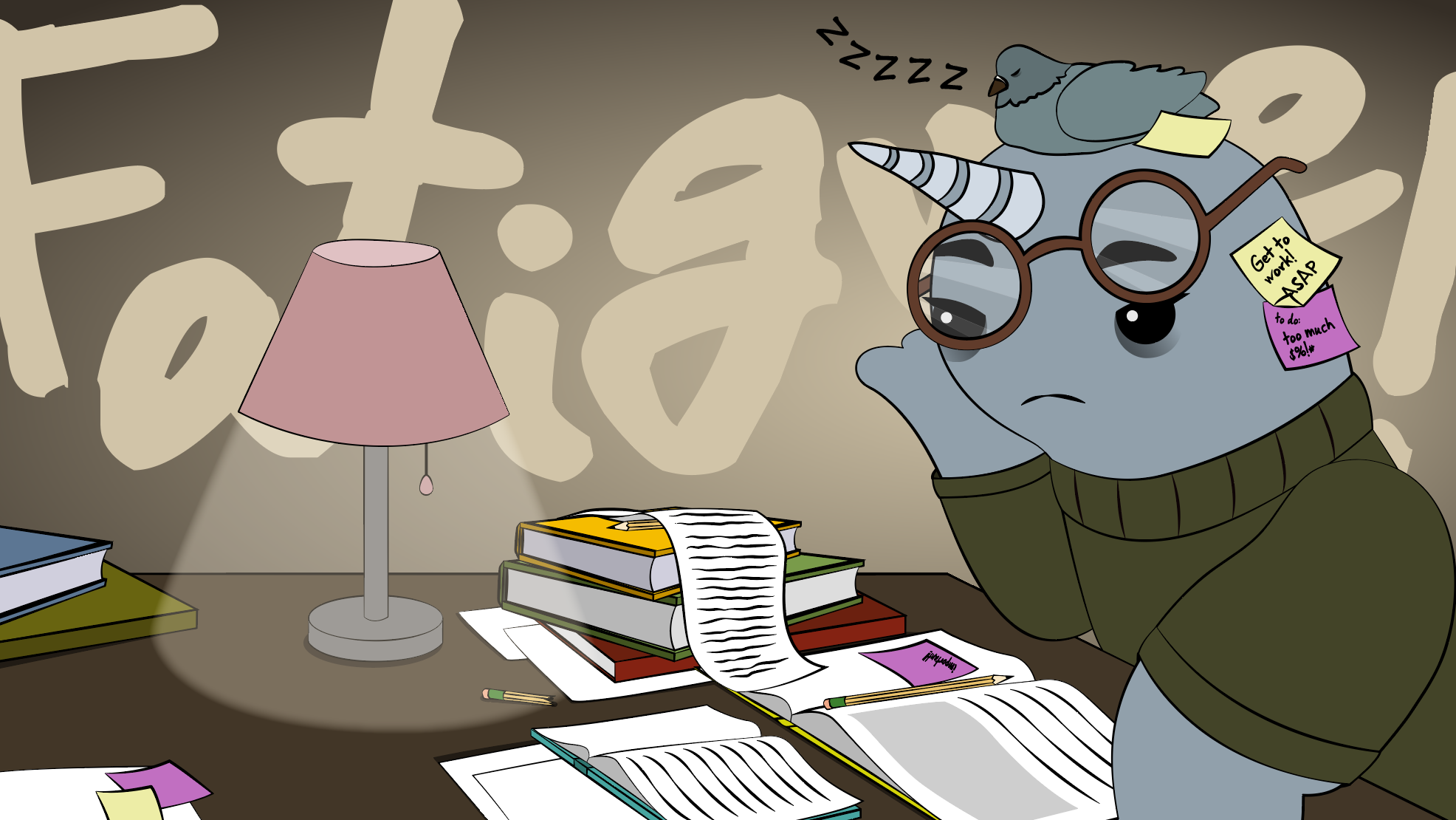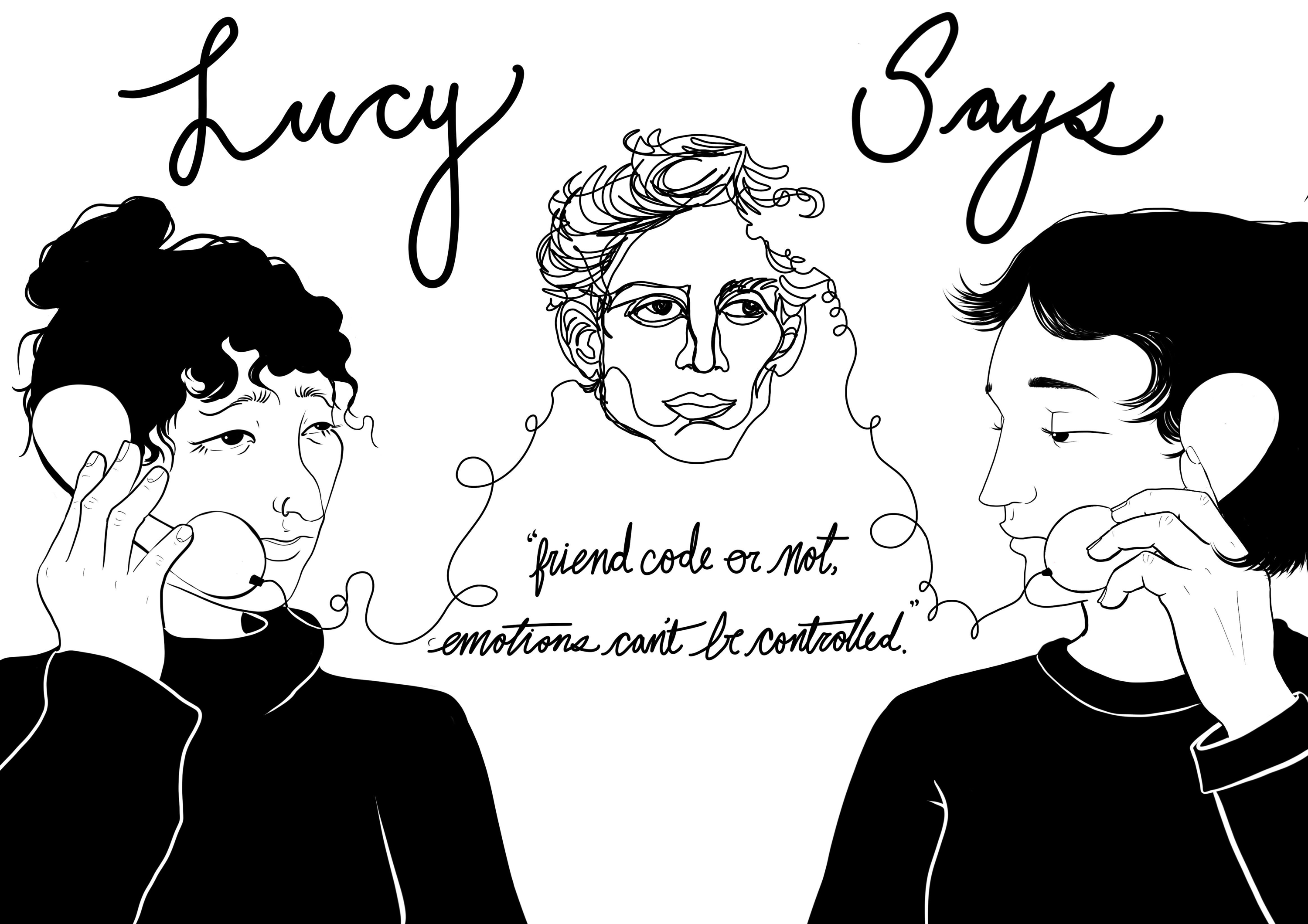Correction: A previous version of this story misstated the specific language of Title VII.
____________________________________________________________________________
The United States Supreme Court heard oral arguments for three cases concerning workplace rights for Lesbian, Gay, Bisexual and Transgender workers on Tuesday, Oct. 8. The results of these hearings could affect the way Title VII of the Civil Rights Act could be interpreted at a federal level. Since the hearing, many students in and around the New School started voicing their concerns about the hearing.
“It’s kind of disgusting” Javen Parson, a first year Lang student, said, “because I’m queer and it scares me.”
Some students, like first year Elyse Taylor, are wary about the reasons why conversations surrounding LGBT+ rights are happening in Washington.
“I feel like they’re not actually listening, they do it for media coverage. There’s no change. They’re gonna wanna say they’re changing things but they’re not,” Taylor said.
Title VII prohibits “employment discrimination based on race, sex, religion, or nationality.” The Supreme Court is trying to decide whether the Civil Rights Act protects LGBT+ workers.
The three cases were brought before the justices for consideration over a period of two hours. The first hour focused on two cases regarding sexual orientation and the second hour focused on a case regarding gender identity.
____________________________________________________________________________
Altitude Express Inc. V. Zarda
Don Zarda was a skydiving instructor at Altitude Express, a Long Island based skydiving company. After 20 years of skydiving experience, Zarda was fired after a customer found out about his sexual orientation and outed him to his employers. Following the incident , he filed a discrimination charge with the Equal Employment Opportunity Commision (EEOC).
The district court ruled in favor of Altitude Express, claiming that Title VII does not protect against discrimination based on sexual orientation.
Zarda passed away following a skydiving incident in 2014. His partner, Bill Moore and sister, Melissa Zarda, chose to continue the lawsuit on behalf of Don Zarda’s estate.
In February 2018, the New York Court of Appeals ruled that employers cannot discriminate against workers based on their sexual orientation. However, Altitude Express filed a petition to the Supreme Court against Zarda.
Gerald Bostock was working as a Child Welfare Services Coordinator in Clayton County, Georgia for 10 years. After employers learned that he had joined a local gay softball league, other employees began commenting on his sexuality and participation in the softball league. Afterward, he was fired for poor conduct.
Upon being fired, he filed a charge of discrimination with EEOC and sued Clayton County in 2016 for discrimination. The district court dismissed the lawsuit and after Bostock appealed, so did the Court of Appeals. Bostock filed a petition to The Supreme Court against Clayton County.
R.G. & G.R. Harris Funeral Homes V. EEOC & Aimee Stevens
Aimee Stevens was a funeral director at R.G. and G.R. Harris Funeral Homes with over 20 years of experience. After working there for six years, she told the owner that she was a trans woman and was fired. As a result, Stevens was left without health insurance when her kidneys failed. The EEOC filed a lawsuit on Stevens’ behalf.
The district court sided with Stevens and the EEOC after the funeral cited religious freedoms as grounds to fire Stevens on the basis of her gender identity, despite the fact that the funeral home had no official affiliation with any church or religious groups.
“What kind of employer are you if you’re just firing people and your justification for it is that they’re trans?” Ekaterina Taran, a fourth-year visual studies student, said.
____________________________________________________________________________
According to a report by the national LGBT Workers Center, there are 11 million LGBT+ people in the United States, 88% of which are currently employed. There are currently no federal laws that prohibit discrimination based on sexual orientation or gender identity. Arizona, Tennessee and North Carolina all have legislation in place that prevent nondiscrimination laws from passing.
“To be honest, I feel like they’re not going to do anything about it. I feel like they’re going to come up with something to justify it,” said Parson. “This country is built on stuff like that: homophobia, racism, sexism. Historically, stuff like this never goes in our favor. That’s not me being negative that’s just me being realistic.”
The results of this new Supreme Court ruling could potentially affect the employment status of millions of Americans and its anyone’s guess what they will decide. With a 5:4 conservative majority, many are hoping for Justice Neil Gorsuch to swing his decision in favor of LGBT+ workers. Gorsuch is historically a textualist, meaning he believes the law should be interpreted literally without factoring the legislative history or underlying purpose of the law. It is still unclear when the Supreme Court will reach a decision.







